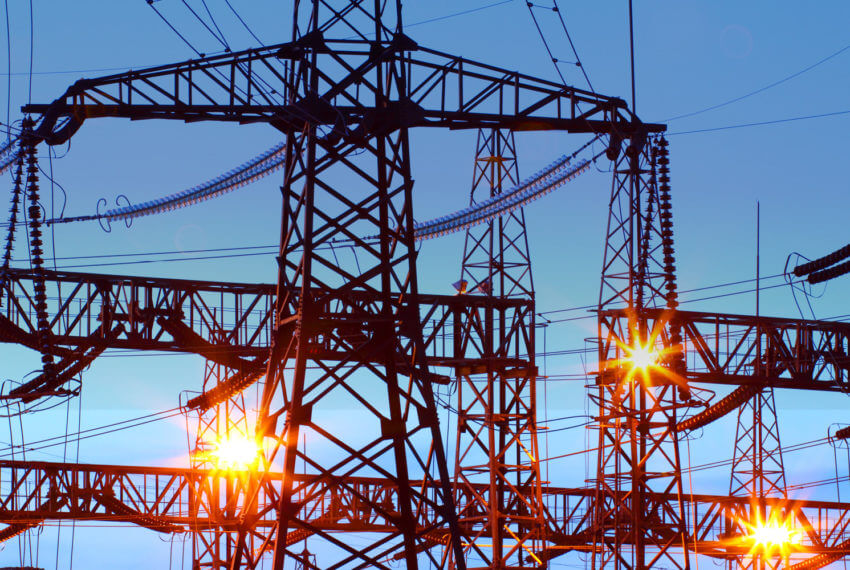Course Details
Course Outline
10 days course
A changing climate for business
- Describe why a net-zero carbon emissions future is inevitable
- Demonstrate a basic understanding of climate change and its impact on society, the global economy, and the environment
- Outline the effects of climate change that impact your business or one you are familiar with
- Identify the different sources of greenhouse gas emissions and where they occur in an individual business
The vision of a net-zero carbon future
- Articulate the goals that need to be achieved to deliver a net-zero future in different sectors
- Illustrate how a net-zero future can boost prosperity and present new opportunities
- Discuss what a net-zero future might look like for you
The need to repurpose the economic system
- Illustrate how tipping points and network effects can influence systemic action and accelerate change
- Discuss climate-related risks to companies and the economic system
- Illustrate the need to broaden the definition of value beyond GDP
- Illustrate the importance of climate-related financial risk disclosures by companies to their investors, lenders, insurers, and other stakeholders
- Distinguish the broad assets that are likely to prove profitable and resilient in a net-zero economy from those that are likely to be devalued or stranded
- Analyse the importance of monitoring and measuring progress towards an improved net-zero economy
Collaborating and leading a low carbon transition
- Describe the role of business in shaping our expectations of the future and applying levers for change
- Reflect on how long-established practices and beliefs create barriers to the transition
- Evaluate the role of national and international institutions in shaping the necessary enabling environment
- Analyse how collaboration on climate action can create commercial opportunities and build a resilient economy and society
- Assess how individual and collaborative leadership can influence policy, business practices, and collective behavior
Decarbonisation success stories
- Compare the factors that have led to initiatives successfully decarbonising
- Describe what success looks like for initiatives pursuing a low carbon goal in the transition to a net-zero economy
- Conclude the potential to scale decarbonisation strategies and apply them across different sectors
- Analyse the likely effectiveness of emerging decarbonisation strategies across major sectors
Innovation and design for a net-zero 21st century
- Illustrate the concept of degrowth and its implications for society, the global economy, and the environment
- Relate the conditions and incentives for driving business innovation to the net-zero transition
- Evaluate the role individual businesses can play in influencing design and innovation within their sectors
- Distinguish between relative and absolute decoupling of economic growth and environmental impact
Leading change and coping with disruption
- Analyse the leadership values, thinking, and practice required to deliver the change needed in business
- Illustrate the organisational transformation required to become a net-zero company
Distinguish between the winners and losers of the global climate change responses
- Draft a plan for addressing the needs of those who will lose out from a low carbon transition
- Reflect on how those that will lose out from a low carbon transition can be enabled to benefit and thrive
Your role in leading the transition
- Articulate the current and future barriers or challenges that you expect to encounter in attempting to drive change
- Describe your role in driving a transition towards a net-zero business in your current and future spheres of influence
- Illustrate the importance of leveraging support and maintaining momentum in the face of potential setbacks
Investigate support mechanisms beyond your current network to be more effective at facilitating change
- Identify internal support that can help accelerate your change process
- Reflect on how your views of a net-zero transition have changed
- Write a personal action plan to lead the transition towards a net-zero future for your organization or spheres of influence



